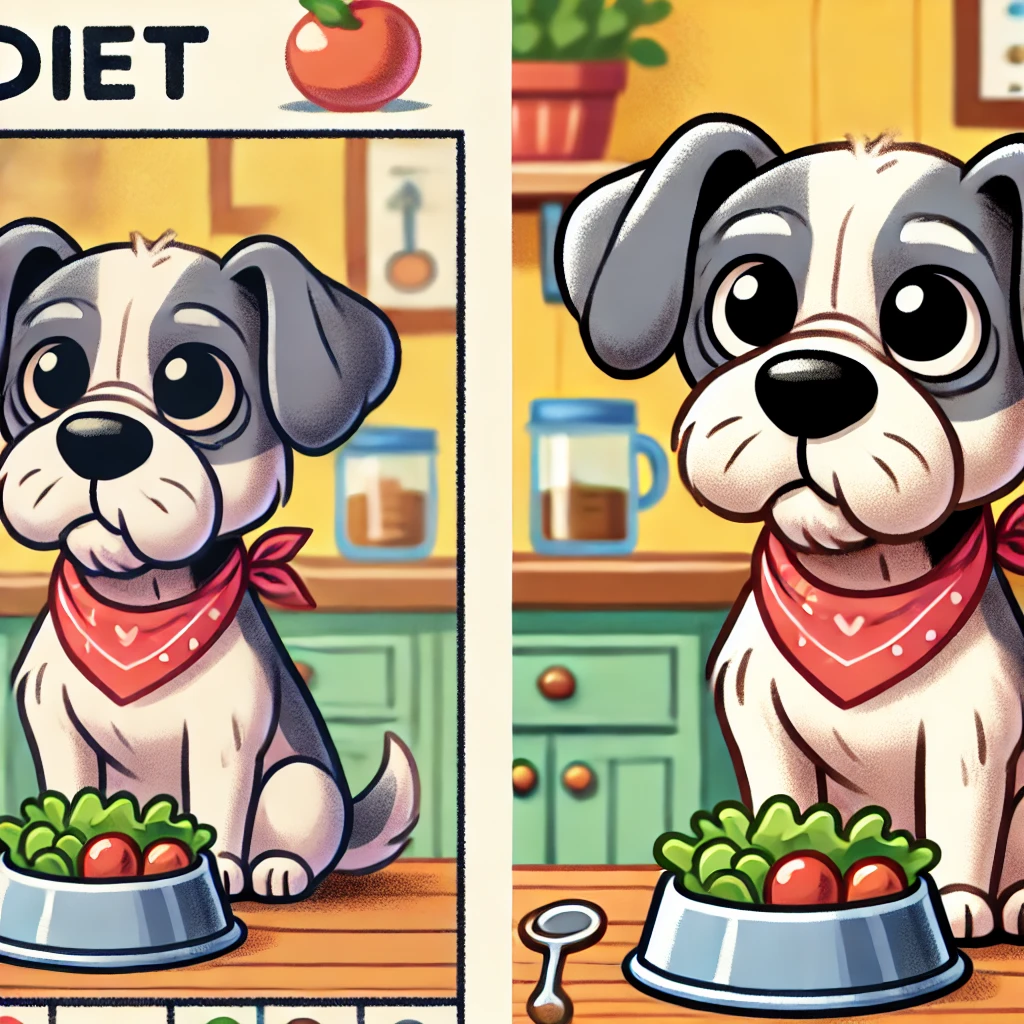Did you know that over 40% of dogs in the United States are considered senior or geriatric? As our faithful companions age, their nutritional needs change dramatically! I’ve spent countless hours researching and consulting with veterinary nutritionists to bring you the most comprehensive guide to senior dog nutrition. From joint health to digestive support, we’ll explore everything you need to know to keep your aging friend healthy and active.
Understanding Senior Dog Nutritional Needs
Senior dog nutrition is significantly different from what your pet needed in their younger years. As dogs age, their metabolism slows down, and their bodies require specific nutrients to maintain optimal health. Large breed senior dogs typically need different formulations than small breed senior dogs, particularly when it comes to joint support and calorie content.
The aging process affects various aspects of your dog’s health, including:
- Slower digestion and metabolism
- Reduced ability to absorb nutrients
- Increased joint wear and tear
- Potential dental issues
- Changes in appetite and weight
It’s crucial to recognize when your pet needs to switch to senior dog food. Common signs include reduced activity levels, weight changes, and difficulty eating regular kibble.
Top Senior Dog Food Brands for 2024
When it comes to premium senior dog brands, several stand out for their commitment to quality ingredients and comprehensive nutritional profiles. Here are some top options:
For Dry Kibble:
- Hill’s Science Diet Senior Formula – Excellent for joint health
- Royal Canin Age+ – Perfect for dental care
- Blue Buffalo Senior Life Protection – Great for immune support
For Wet Food Options:
- Purina Pro Plan Senior – Ideal for sensitive stomachs
- Wellness Complete Senior – High in natural fiber
Budget-conscious pet parents will be pleased to know that affordable senior dog food options are available without compromising on essential nutrients. Many veterinarian-recommended senior food brands now offer cost-effective formulations that maintain high nutritional standards.
Essential Ingredients in Quality Senior Dog Food
The best protein for older dogs typically comes from easily digestible sources like chicken, fish, and lamb. Look for senior dog food ingredients that include:
- High-quality protein (20-25% minimum)
- Glucosamine and chondroitin for joint health
- Omega-3 fatty acids for cognitive function
- Fiber-rich ingredients for digestive health
- Antioxidants for immune support
Senior dog vitamins and supplements may be necessary to complement their diet, especially if your pet has specific health conditions. Always consult with your veterinarian before adding supplements to your dog’s regimen.
Special Dietary Considerations for Senior Dogs
Many aging dogs require special consideration when it comes to their diet. Some common concerns include:
Weight Management: Senior dog food portions should be carefully monitored, as older dogs are prone to weight gain. Look for low-calorie dog food seniors can enjoy without compromising nutrition.
Dental Health: Soft senior dog food might be necessary for dogs with dental issues. Many brands offer kibble specifically designed for dental care senior dogs need.
Digestive Health: High-fiber senior dog food can help maintain regular digestion. Some dogs may benefit from prescription senior dog food formulated for sensitive stomachs.
How to Transition Your Dog to Senior Food
Transitioning to new food requires patience and careful monitoring. Here’s a recommended senior dog food transition schedule:
Days 1-3: 75% current food, 25% new food Days 4-6: 50% current food, 50% new food Days 7-9: 25% current food, 75% new food Day 10+: 100% new food
Monitor your dog’s response during the transition. Watch for:
- Changes in appetite
- Stool consistency
- Energy levels
- Any signs of digestive upset
If you notice any issues, slow down the transition process or consult your veterinarian for advice.
Conclusion
Choosing the right senior dog food can significantly impact your aging companion’s quality of life. Remember, every dog is unique, and what works for one may not work for another. Start with our top recommendations, monitor your pet’s response, and always consult with your veterinarian when making significant dietary changes.
Consider factors like your dog’s specific health conditions, activity level, and preferences when selecting their food. Whether you choose premium senior dog brands or affordable senior dog food options, the key is ensuring your pet receives complete and balanced nutrition tailored to their senior years.
Your senior dog deserves the best nutrition possible to enjoy their golden years to the fullest. With the right diet and careful attention to their changing needs, you can help your faithful companion maintain their health and happiness well into their senior years.
Remember to regularly review and adjust your dog’s diet as needed, always keeping in close communication with your veterinary care team to ensure your senior pet’s nutritional needs are being met optimally.

